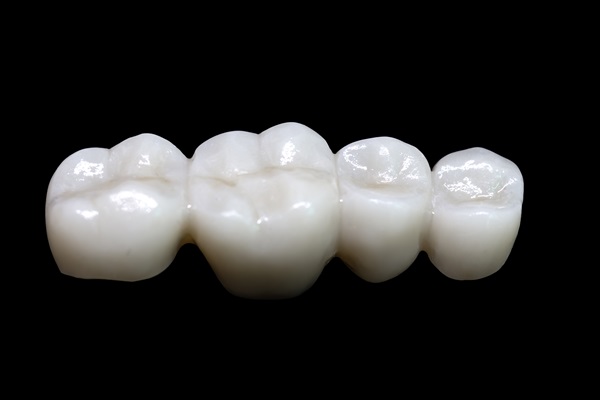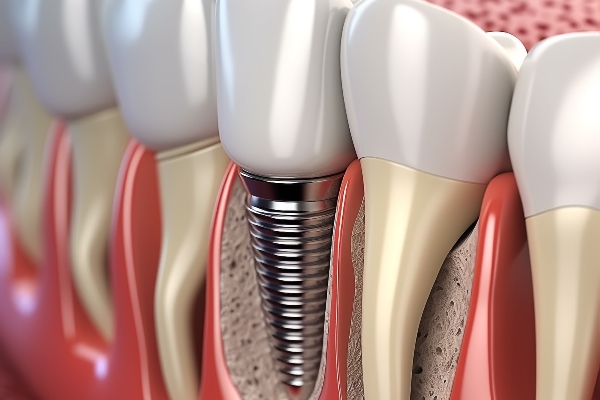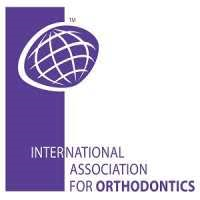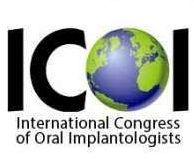 Though brushing your teeth is one of the most important oral hygiene basics, flossing is just as vital. Here is how flossing can strengthen your teeth and benefit your overall health.
Though brushing your teeth is one of the most important oral hygiene basics, flossing is just as vital. Here is how flossing can strengthen your teeth and benefit your overall health.
Why is flossing so important?
Flossing is an essential part of your oral care routine because it removes plaque from your teeth. Plaque is a soft, sticky substance that bacteria create to protect themselves from being removed. Tartar is a hard substance that plaque becomes when it is not removed. Tartar gives the teeth a stained and discolored appearance, and it can also build up around the gum line and increase your risk of developing gum disease. Although you can remove plaque by brushing your teeth and flossing regularly, you must visit a dentist to remove tartar. Therefore, it is essential to practice oral hygiene basics to prevent plaque from progressing into a more serious condition.
Flossing removes plaque and decreases your chances of developing gum irritation and gingivitis. If gingivitis is not treated, it can lead to periodontal disease. The bacteria in your gums travel into your bloodstream to other parts of your body and can lead to a whole host of other health problems. Flossing stimulates blood flow to the gums, which can prevent inflammation. In addition, flossing stops plaque from eroding the enamel between your teeth and causing tooth decay.
Another reason why flossing is so important is that it can freshen your breath and improve the appearance of your teeth. While it may seem insignificant, the small pieces of food trapped between your teeth cause an unpleasant odor and result in bad breath. In addition, flossing regularly can improve the brightness of your teeth, giving you a healthy glowing smile.
How do you floss properly?
Brushing your teeth is important, but it alone is not enough. Your teeth have five surfaces each, but your toothbrush can only make contact with three of them. The other two are on the sides of the teeth, which you can reach by flossing. Be sure to floss at least once a day to keep your teeth in optimal condition. Take your time to remove all the food, plaque, and bacteria.
While it may seem simple, many people do not know how to floss properly. Be sure to wind the floss around your middle fingers and hold the line one to two inches taut with your thumbs and index fingers. Then, gently glide the floss up and down without scratching or bruising your gums. Curve the floss to form a C shape once you reach the gums to prevent it from making contact. Rub the floss against both sides of each tooth to remove plaque. Understanding how to floss properly is one of the most important oral hygiene basics.
Conclusion
Although often overlooked, flossing is one of the most important oral hygiene basics. From removing plaque to decreasing your risk of gum disease, flossing is an essential part of your daily routine.
Request an appointment or call Midtown Dental - The Gallery of Smiles at 713-979-4127 for an appointment in our Houston office.
Recent Posts
Everyone learns oral hygiene basics when they are young, but some details get lost over time. For example, many adults are confused about what type of toothbrush to use. This simple tool comes in many different forms, including a variety of sizes and a range of bristle textures. You may wonder why there are so…
Healthy teeth are a vital part of being able to eat and enjoy food, but certain foods can be more harmful to dental health than others. Learning about foods that help and hurt the teeth is an important part of oral hygiene basics that can be helpful in guiding the choices people make when caring…
Although many people believe that plaque and tartar are the same, they actually have significant differences. Understanding the distinctions between these two dental conditions can help you identify their warning signs and practice oral hygiene basics to avoid them.Plaque is a soft film containing millions of bacteria that build up on your teeth, gums, and…










